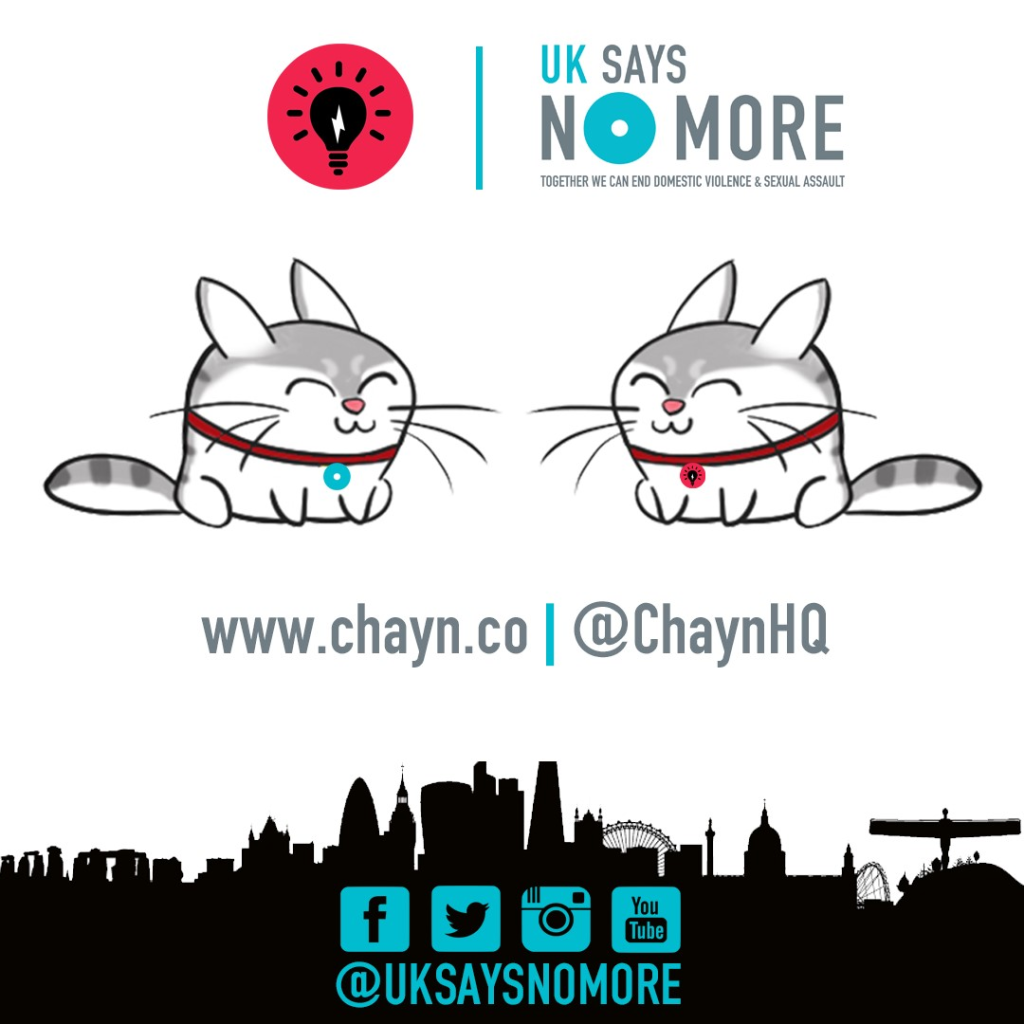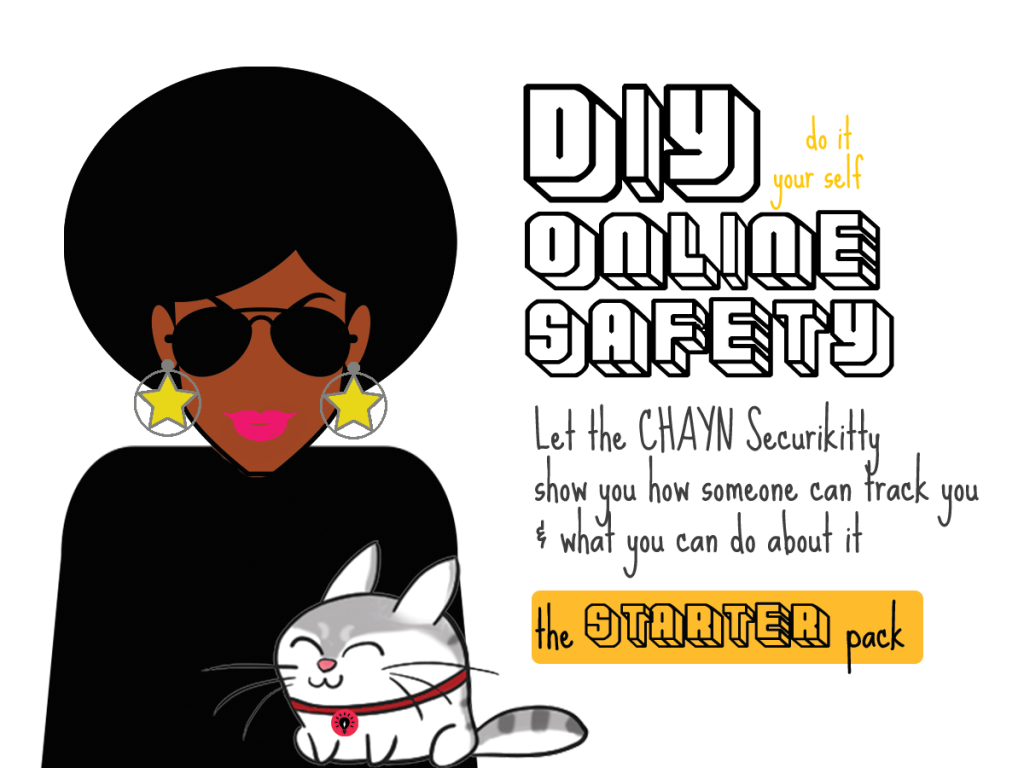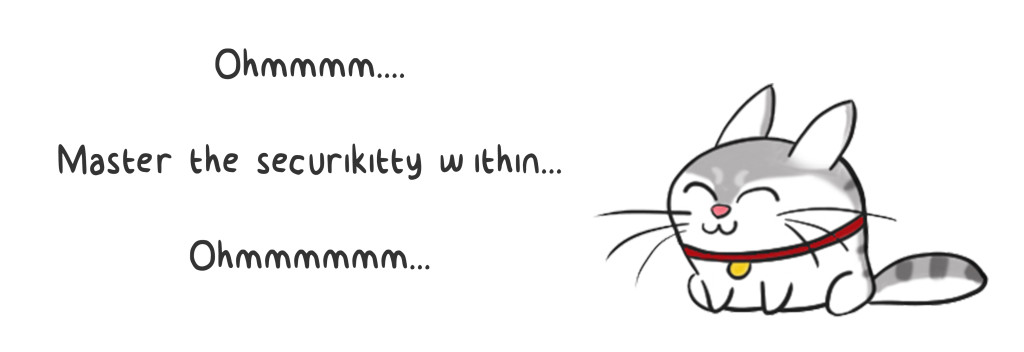We’re so excited to welcome Chayn as a partner of the UK SAYS NO MORE campaign, and to showcase their work to empower women worldwide by leveraging technology. Find out more about them:
About Chayn
Chayn is a global, volunteer-run charity that leverages technology to empower women against violence through open source need-specific toolkits, web platforms, hackathons and workshops. Chayn aims to empower women and girls who face not only domestic violence, but all other forms of gender oppression that exist regardless of location, religion, or politics.
With these tools and resources, Chayn aims to:
1. Provide women and girls with easily accessible information, empowering them to get out of abusive relationships and stay safe and healthy
2. Encourage women and girls to participate in the technology space not only as professionals, but to help other women and girls using tech
3. Leverage technology to close the gap between women and girls and information and resources where policy, law and order, and society may not be effective safeguards from violence against women.
Chayn چین is an Urdu word and it means ‘solace / peace of mind’.
Chayn’s DIY Online Safety Guide
As an organisation focused on empowering women against violence and oppression, Chayn has observed a disturbing trend in recent years relating to the use of technology to abuse, stalk and harass women online. We’ve found an array of ways for perpetrators of abuse to control, coerce and manipulate women, especially in incidents of domestic violence. From threatening messages from abusive ex-partners to revenge porn, there is now an urgent need for information on how women can protect themselves online. Privacy and securing one’s information is daunting to most and can feel arcane, confusing and frustrating. As such, Chayn has created an Anti-Stalking/Online Privacy Guide for Women to reduce the stress of online safety.
Our own research within online support networks for women who have experienced domestic abuse uncovered the importance of producing this guide. Women continually felt vulnerable online and were often afraid their abusive partners or ex partners could monitor their activities online and know their whereabouts. This caused them often to want to shut down their online presences and social media accounts, and avoid online interaction entirely making them even more isolated and alone, which could be incredibly detrimental to their on-going wellbeing and mental health.
A vital aspect in the construction of our guide was ensuring that everyday women – particularly those without privacy or security knowledge – would be able to grasp the instructions and information presented to them. The advanced guide is quite detailed however the starter pack is a condensed, more user friendly tool that delivers the key messages without overwhelming the reader with too much technical detail. We are currently translating the starter guide into seven languages, namely Arabic, Urdu, Pashto, and Farsi, as we feel that having it available in these languages reaches a far wider audience of vulnerable women who may struggle to find this information in their own language.
This project has been painstakingly worked on for the past year and half, with the help of our own volunteers, allies and feedback from the general public. There are two versions: A starter pack and an advanced guide.
We’ve incluced a snippet of Chayn’s basic guide for you below…
Who is this guide for?
Everyone, everywhere. Though written with women dealing with domestic abuse or stalking in mind, the guide and its principles can be used irrespective of gender, location or situation.WHO IS THIS GUIDE FOR?
Does someone have pictures of you and you don’t know how or why? Do they keep showing up unexpectedly to places where you are? Do they know things about your life that you haven’t told many people? Then you may be being stalked.
What is this guide about?
Modern technology such as the internet/mobile phones etc., has made it increasingly easy for abusive partners to stalk, intimidate and threaten their targets both online and offline.
The good news: you can take measures to protect yourself! Assess your risk and take back control with this guide of best practices.
How to use this guide:
There are many ways someone can track you down. The chance and ease of this happening will depend heavily on your personal circumstances and that of your abuser. This guide is not the complete answer.
This guide doesn’t include all of the ways abusers can track someone, but it is a collection of tips and support including our best finds. Off you go!
CHAPTER ONE: How are you being tracked?
Following your online habits
While surfing the web, sophisticated technology is collecting data on you through email providers, mobile-phone apps, search engines, browsers, social-media messengers. In the hands of your abuser, this information could endanger your personal privacy, your control over your identity online and your access to free information.
The information that can be collected can be information you provide yourself when you register/create an online account such as physical address, email, personal interests and details as well as information you do not provide knowingly (for example: data from your smartphone like wifi-signals or GPS locations of the places you visited, websites your surfed in your browser).
Emails and pictures can also track you by transmitting data like location, time, sender and receiver
“Social websites like facebook are by nature a vulnerability for your privacy as your contacts’ timeline can give out information that can be used to track you.”
To assess how secure your online presence is, please also consider how your children’s and friends’ online presences and their connections with you can affect your own security. If you or your relatives have received a direct threat online by email, direct messaging or other online means, please contact the police and supply evidence.
Even though you realise that you unknowingly divulged information, you can now act.
Tips to mitigate vulnerability:
-
Log out of social media sites after your visit (trackers usually won’t find you when you’re logged out neither would your contacts)
-
Install browser extensions that block trackers and ensure better privacy
-
Be mindful when posting on social media
-
Prefer anonymous chat and erase chat history
Keep in mind your stalker can potentially monitor the devices of anyone they’ve come in contact with, including your children or anyone that has stayed in the same house. At the end, your own security also depends on your friends and family.
Read the entire guide
[maxbutton id=”29″] [maxbutton id=”28″]
Find out more about Chayn, their current projects, and how you can get involved.
[maxbutton id=”11″]






